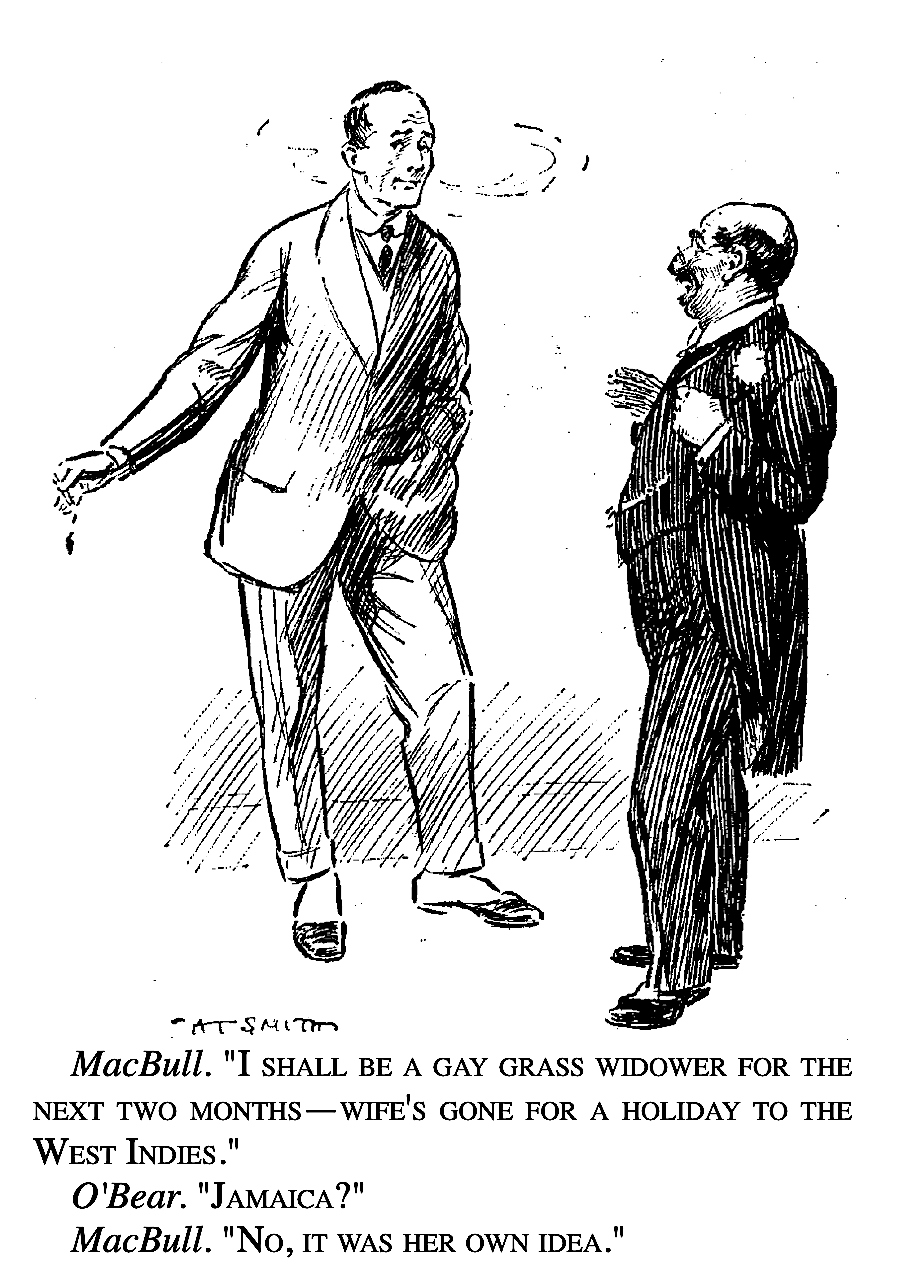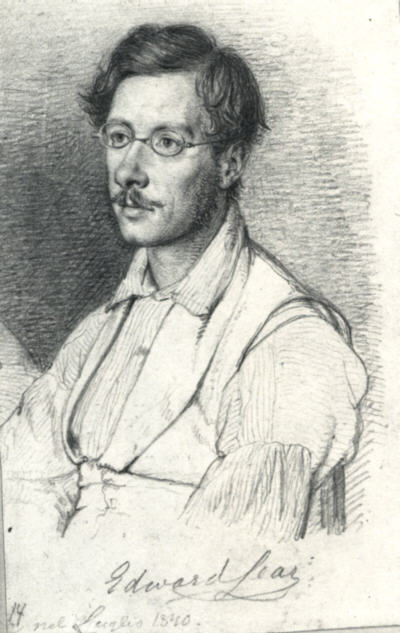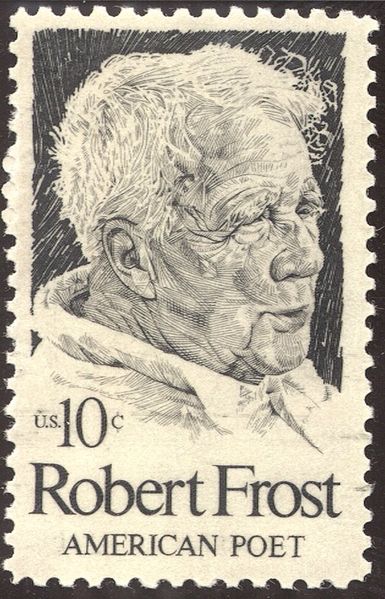|
Anastrophe
Anastrophe (from the , ''anastrophē'', "a turning back or about") is a figure of speech in which the normal word order of the subject, the verb, and the object is changed. Anastrophe is a hyponym of the antimetabole, where anastrophe only transposes one word in a sentence. For example, subject–verb–object ("I like potatoes") might be changed to object–subject–verb ("potatoes I like"). Examples Because English has a settled natural word order, anastrophe emphasizes the displaced word or phrase. For example, the name of the City Beautiful urbanist movement emphasises "beautiful". Similarly, in "This is the forest primeval", from Henry Wadsworth Longfellow's '' Evangeline'', the emphasis is on "primeval". If the emphasis that comes from anastrophe is not an issue, the synonym ''inversion'' is perfectly suitable. Anastrophe is common in Ancient Greek and Latin poetry, such as in the first line of the ''Aeneid'': :''Arma virumque cano, Troiæ qui primus ab oris'' ::("I ... [...More Info...] [...Related Items...] OR: [Wikipedia] [Google] [Baidu] |
Figure Of Speech
A figure of speech or rhetorical figure is a word or phrase that intentionally deviates from straightforward language use or Denotation, literal meaning to produce a rhetorical or intensified effect (emotionally, aesthetically, intellectually, etc.). In the distinction between literal and figurative language, figures of speech constitute the latter. Figures of speech are traditionally classified into ''scheme (linguistics), schemes'', which vary the ordinary sequence of words, and ''trope (literature), tropes'', where words carry a meaning other than what they ordinarily signify. An example of a scheme is a polysyndeton: the repetition of a conjunction before every element in a list, whereas the conjunction typically would appear only before the last element, as in "Lions and tigers and bears, oh my!"—emphasizing the danger and number of animals more than the Prose, prosaic wording with only the second "and". An example of a trope is the metaphor, describing one thing as someth ... [...More Info...] [...Related Items...] OR: [Wikipedia] [Google] [Baidu] |
Figures Of Speech
A figure of speech or rhetorical figure is a word or phrase that intentionally deviates from straightforward language use or literal meaning to produce a rhetorical or intensified effect (emotionally, aesthetically, intellectually, etc.). In the distinction between literal and figurative language, figures of speech constitute the latter. Figures of speech are traditionally classified into '' schemes'', which vary the ordinary sequence of words, and '' tropes'', where words carry a meaning other than what they ordinarily signify. An example of a scheme is a polysyndeton: the repetition of a conjunction before every element in a list, whereas the conjunction typically would appear only before the last element, as in "Lions and tigers and bears, oh my!"—emphasizing the danger and number of animals more than the prosaic wording with only the second "and". An example of a trope is the metaphor, describing one thing as something it clearly is not, as a way to illustrate by compar ... [...More Info...] [...Related Items...] OR: [Wikipedia] [Google] [Baidu] |
Hyperbaton
Hyperbaton , in its original meaning, is a figure of speech in which a phrase is made discontinuous by the insertion of other words.Andrew M. Devine, Laurence D. Stephens, ''Latin Word Order: Structured Meaning and Information'' (Oxford: Oxford University Press, 2006), p. 524. In modern usage, the term is also used more generally for figures of speech that transpose sentences' natural word order, which is also called anastrophe. Etymology The word is borrowed from the Greek ''hyperbaton'' (), meaning "stepping over", which is derived from ''hyper'' ("over") and ''bainein'' ("to step"), with the ''-tos'' verbal adjective suffix. The idea is that to understand the phrase, the reader has to "step over" the words inserted in between. Classical usage The separation of connected words for emphasis or effect is possible to a much greater degree in highly inflection, inflected languages, whose sentence meaning does not depend closely on word order. In Latin and Ancient Greek, the effect o ... [...More Info...] [...Related Items...] OR: [Wikipedia] [Google] [Baidu] |
Genitive Case
In grammar, the genitive case ( abbreviated ) is the grammatical case that marks a word, usually a noun, as modifying another word, also usually a noun—thus indicating an attributive relationship of one noun to the other noun. A genitive can also serve purposes indicating other relationships. For example, some verbs may feature arguments in the genitive case; and the genitive case may also have adverbial uses (see adverbial genitive). The genitive construction includes the genitive case, but is a broader category. Placing a modifying noun in the genitive case is one way of indicating that it is related to a head noun, in a genitive construction. However, there are other ways to indicate a genitive construction. For example, many Afroasiatic languages place the head noun (rather than the modifying noun) in the construct state. Possessive grammatical constructions, including the possessive case, may be regarded as subsets of the genitive construction. For example, t ... [...More Info...] [...Related Items...] OR: [Wikipedia] [Google] [Baidu] |
Poetic Devices
Poetic devices are a form of literary device used in poetry. Poems are created out of poetic devices via a composite of: structural, grammatical, rhythmic, metrical, verbal, and visual elements. They are essential tools that a poet uses to create rhythm, enhance a poem's meaning, or intensify a mood or feeling. Poetic diction Poetic Diction is a style of writing in poetry which encompasses vocabulary, phrasing, and grammatical usage. Along with syntax, poetic diction functions in the setting the tone, mood, and atmosphere of a poem to convey the poet's intention. Poetic devices shape a poem and its meanings. Types of poetic dictions Sound Poetic devices that have a sonic quality achieve specific effects when heard. Words with a sound-like quality can strike readers as soothing or dissonant while evoking certain thoughts and feelings associated with them. * Alliteration–Repeated consonant sounds at the beginning of words placed near each other, usually on the same or ... [...More Info...] [...Related Items...] OR: [Wikipedia] [Google] [Baidu] |
Yoda
Yoda () is a fictional character in the ''Star Wars'' franchise. He is a small, green humanoid alien who is powerful with the Force. He first appeared in the 1980 film '' The Empire Strikes Back'', in which he is voiced and puppeteered by Frank Oz, who reprised the role in '' Return of the Jedi'' (1983), the prequel trilogy, the sequel trilogy, and the animated series '' Star Wars Rebels''. Other actors who voice Yoda are Tom Kane, Piotr Michael, John Lithgow, Tony Pope and Peter McConnell. In addition to films and television series, Yoda appears in comics, novels, video games and commercials. In the original trilogy, Yoda lives in solitude on the swamp planet Dagobah. He is introduced as a former mentor of Obi-Wan Kenobi, and he trains Luke Skywalker in the ways of the Force until his death at the age of 900. In the prequel films, Yoda leads the Jedi High Council and trains young Jedi until they are assigned to a master. When the Clone Wars break out, he becom ... [...More Info...] [...Related Items...] OR: [Wikipedia] [Google] [Baidu] |
Mending Wall
"Mending Wall" is a poem by Robert Frost. It opens Robert's second collection of poetry, '' North of Boston'', published in 1914 by David Nutt, and has become "one of the most anthologized and analyzed poems in modern literature". Background Like many of the poems in '' North of Boston'', "Mending Wall" narrates a story drawn from rural New England New England is a region consisting of six states in the Northeastern United States: Connecticut, Maine, Massachusetts, New Hampshire, Rhode Island, and Vermont. It is bordered by the state of New York (state), New York to the west and by the .... The narrator, a New England farmer, contacts his neighbor in the spring to rebuild the stone wall between their two farms. As the men work, the narrator questions the purpose of a wall "where it is we do not need the wall" (23). He notes twice in the poem that "something there is that doesn’t love a wall" (1, 35), but his neighbor replies twice with the proverb, "Good fences ma ... [...More Info...] [...Related Items...] OR: [Wikipedia] [Google] [Baidu] |
Robert Frost
Robert Lee Frost (March26, 1874January29, 1963) was an American poet. Known for his realistic depictions of rural life and his command of American Colloquialism, colloquial speech, Frost frequently wrote about settings from rural life in New England in the early 20th century, using them to examine complex social and philosophical themes. Frequently honored during his lifetime, Frost is the only poet to receive four Pulitzer Prize for Poetry, Pulitzer Prizes for Poetry. He became one of America's rare "public literary figures, almost an artistic institution".''Contemporary Literary Criticism''. Ed. Jean C. Stine, Bridget Broderick, and Daniel G. Marowski. Vol. 26. Detroit: Gale Research, 1983. p 110. Appointed United States Poet Laureate in 1958, he also received the Congressional Gold Medal in 1960, and in 1961 was named poet laureate of Vermont. Randall Jarrell wrote: "Robert Frost, along with Wallace Stevens, Stevens and T. S. Eliot, Eliot, seems to me the greatest of the Ame ... [...More Info...] [...Related Items...] OR: [Wikipedia] [Google] [Baidu] |
Parody
A parody is a creative work designed to imitate, comment on, and/or mock its subject by means of satire, satirical or irony, ironic imitation. Often its subject is an Originality, original work or some aspect of it (theme/content, author, style, etc), but a parody can also be about a real-life person (e.g. a politician), event, or movement (e.g. the French Revolution or Counterculture of the 1960s, 1960s counterculture). Literary scholar Professor Simon Dentith defines parody as "any cultural practice which provides a relatively polemical allusive imitation of another cultural production or practice". The literary theorist Linda Hutcheon said "parody ... is imitation, not always at the expense of the parodied text." Parody may be found in art or culture, including literature, parody music, music, Theatre, theater, television and film, animation, and Video game, gaming. The writer and critic John Gross observes in his ''Oxford Book of Parodies'', that parody seems to flourish on te ... [...More Info...] [...Related Items...] OR: [Wikipedia] [Google] [Baidu] |
Gerard Manley Hopkins
Gerard Manley Hopkins (28 July 1844 – 8 June 1889) was an English poet and Society of Jesus, Jesuit priest, whose posthumous fame places him among the leading English poets. His Prosody (linguistics), prosody – notably his concept of sprung rhythm – established him as an innovator, as did his praise of God through vivid use of Imagery (literature), imagery and nature. Only after his death did Robert Bridges publish a few of Hopkins's mature poems in anthologies, hoping to prepare for wider acceptance of his style. By 1930 Hopkins's work was seen as one of the most original literary advances of his century. It intrigued such leading 20th-century poets as T. S. Eliot, Dylan Thomas, W. H. Auden, Stephen Spender and Cecil Day-Lewis. Early life and family Gerard Manley Hopkins was born in Stratford, London, Stratford, South Essex (UK Parliament constituency), EssexGardner, W. H. (1963), ''Gerard Manley Hopkins: Poems and Prose'' Penguin, p. xvi. (now in Greater London), as the ... [...More Info...] [...Related Items...] OR: [Wikipedia] [Google] [Baidu] |
Metrical Psalter
A metrical psalter is a kind of Bible translation: a book containing a verse translation of all or part of the Book of Psalms in vernacular poetry, meant to be sung as hymns in a church. Some metrical psalters include melodies or harmonisations. The composition of metrical psalters was a large enterprise of the Protestant Reformation, especially in its Calvinist manifestation. Biblical basis During the Protestant Reformation, a number of Bible texts were interpreted as requiring reforms in the music used in worship. The Psalms were particularly commended for singing. In particular, John Calvin said, When we have looked thoroughly everywhere and searched high and low, we shall find no better songs nor more appropriate to the purpose than the Psalms of David which the Holy Spirit made and spoke through him Various Reformers interpreted certain scriptural texts as imposing strictures on sacred music. The psalms, especially, were felt to be commended to be sung by these t ... [...More Info...] [...Related Items...] OR: [Wikipedia] [Google] [Baidu] |
Archaism
In language, an archaism is a word, a sense of a word, or a style of speech or writing that belongs to a historical epoch beyond living memory, but that has survived in a few practical settings or affairs. lexicon, Lexical archaisms are single archaic words or expressions used regularly in an affair (e.g. religion or law) or freely; literature, literary archaism is the survival of archaic language in a traditional literary text such as a nursery rhyme or the deliberate use of a style (fiction), style characteristic of an earlier age—for example, in his 1960 novel ''The Sot-Weed Factor (1960 novel), The Sot-Weed Factor'', John Barth writes in an 18th-century style. Archaic words or expressions may have distinctive emotional connotations—some can be humorous (''forsooth''), some highly formal (''What say you?''), and some solemn (''With thee do I plight my troth''). The word ''archaism'' is from the , ''archaïkós'', 'old-fashioned, antiquated', ultimately , ''archaîos'', 'f ... [...More Info...] [...Related Items...] OR: [Wikipedia] [Google] [Baidu] |






